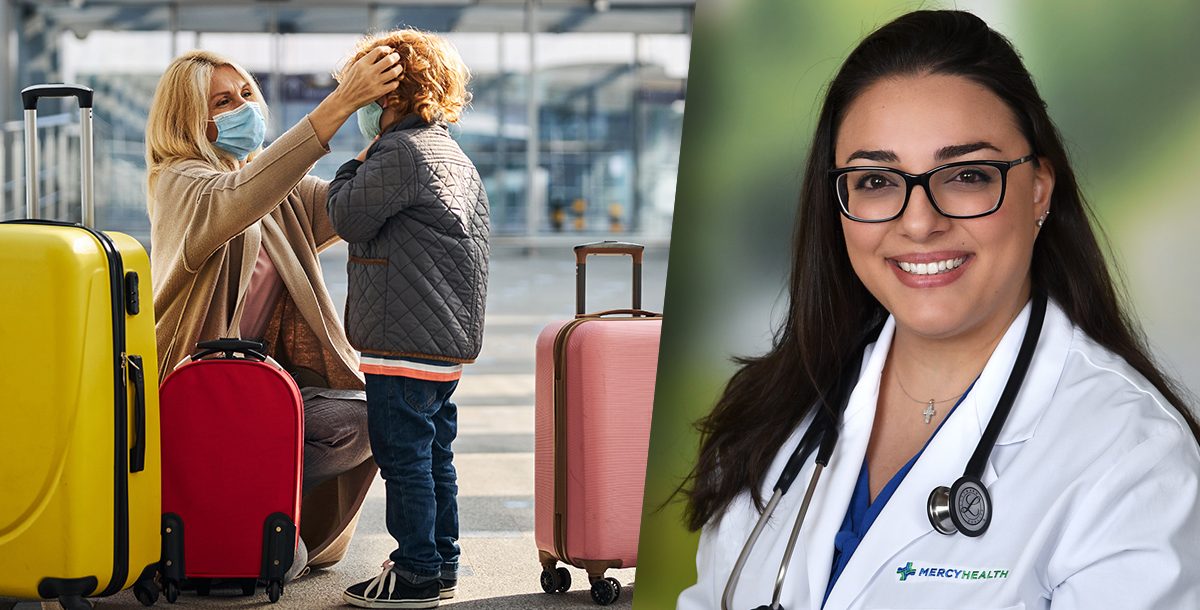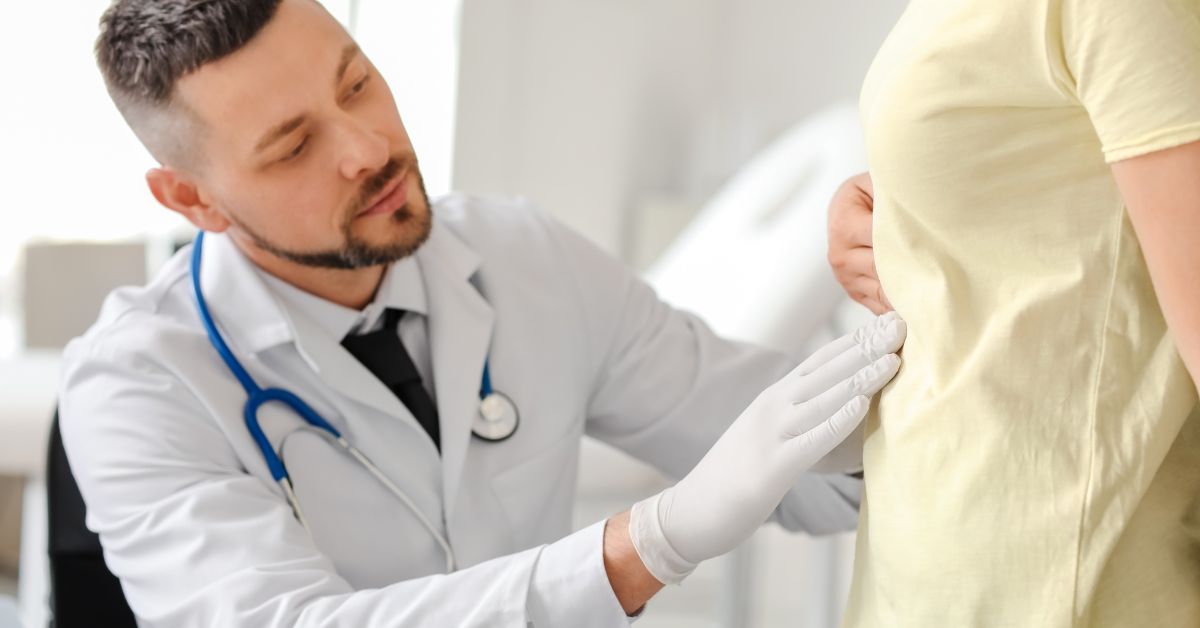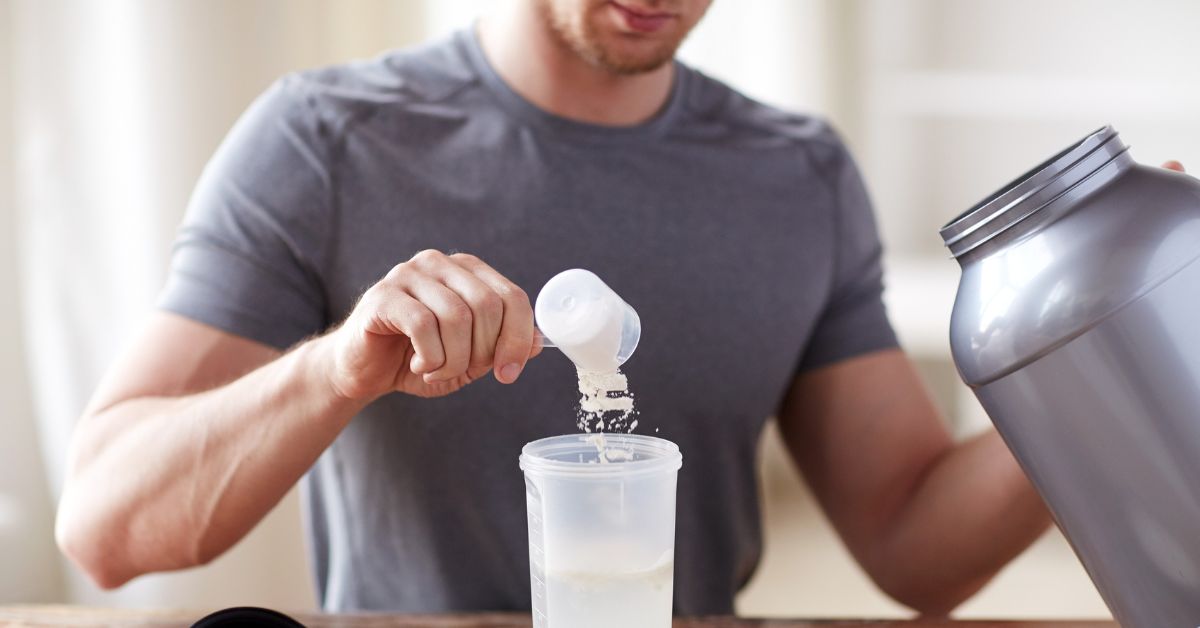Travel increases the chance of contracting and spreading germs. This is because the more people you come in contact with, the higher your chances are of getting sick and potentially infecting others.
With COVID-19 cases on the rise just in time for holiday travel, be sure to follow these tips and tricks to help keep yourself and others healthy.
First, think and plan before you travel.
Before a trip, it is important to consider your destination’s specific COVID-19 guidelines. Make sure to review all travel guidelines for the country, state and city you are visiting prior to booking your trip. This could be key to avoiding headaches when trying to return home.
“If you are traveling back to the United States by air, you are required to show proof of a negative COVID-19 test (PCR or rapid antigen test) no more than one day before departure,” Jessica El-Asmar, MD, a physician at Mercy Health – Urbana Internal Medicine, says. “Regardless of vaccination status or citizenship, you must show proof of a negative result before boarding your flight.”
Second, choose the safest travel method.
Traveling by public transportation, including by air, trains or buses, increases your chances of being in close contact with more people. That is because in these situations, it can be difficult to avoid large crowds.
Opting to drive or ride in a car limits the amount of people you come in contact with. Still, plan to keep your distance from others while at gas stations, hotels and rest areas.
And if you are traveling via public transportation, be sure to wear a face mask at all times.
In addition to avoiding exposure to infection, there are other ways to stay healthy while traveling.
“Whether you are traveling by plane or car, long-distance travel can increase the risk for blood clots,” Dr. El-Asmar shares. “So, make sure to take frequent stops to stretch and stay hydrated.”
Take basic safety precautions before, during and after your trip.
Before traveling, anyone in your travel group eligible for the COVID-19 vaccination should get fully vaccinated. This means it has been two weeks since either your second dose of Moderna or Pfizer or the single dose of Johnson & Johnson. Depending on the specific destination, anyone who has recovered from COVID-19 in the past three months or is fully vaccinated does not need to take a COVID-19 test or self-quarantine after arrival.
Dr. El-Asmar adds, “however, if you or a member of your party is considered high risk for severe complications from COVID-19, you may consider getting tested before getting together.”
People who are not fully vaccinated prior to the trip should get tested for COVID-19 one to three days before leaving to confirm they are not infected. Three to five days upon your arrival home, consider being tested and self-quarantine for seven days regardless of test results. If you decide to not get tested after returning home, stay home and self-quarantine for 10 days.
No matter your vaccination status, wear a face mask around other people not in your immediate household, avoid large groups and pick destinations with a low volume of COVID-19 cases. Throughout your trip, wash your hands frequently and self-monitor for symptoms.
And finally, carefully pack what you need.
If you are fully vaccinated for COVID-19, bring your vaccine card so that you are able to show proof of vaccination if needed. If you got tested before traveling, have your negative test results readily available, too.
You may not always have easy access to warm water and soap to frequently wash hands while traveling. Therefore, be sure to carry plenty of sanitizer so you can disinfect your hands as needed. Also, pack extra disposable or reusable masks for everyone traveling.
Don’t forget to make a list of any allergies, medical conditions and medications in case a health emergency arises while you’re away. Dr. El-Asmar also recommends taking more medication with you than you’ll actually need.
“Plan to pack for an extra day or two in case of unforeseen travel delays. If you take medications that are controlled substances, it is advised you use the original containers, as the labels need to identify your name, date of birth, dosing schedule and doctor’s prescription information. You should also keep your medications in your carry-on rather than a checked baggage in case you need immediate access.”
Learn more about COVID-19 and the COVID-19 vaccine on our website.







1 Comment
Post a CommentHiam El-Feghali
Thank you Dr El-Asmar for the valuable advises , we sure will follow every healthy step while we’re traveling or staying home and go around❤️❤️❤️